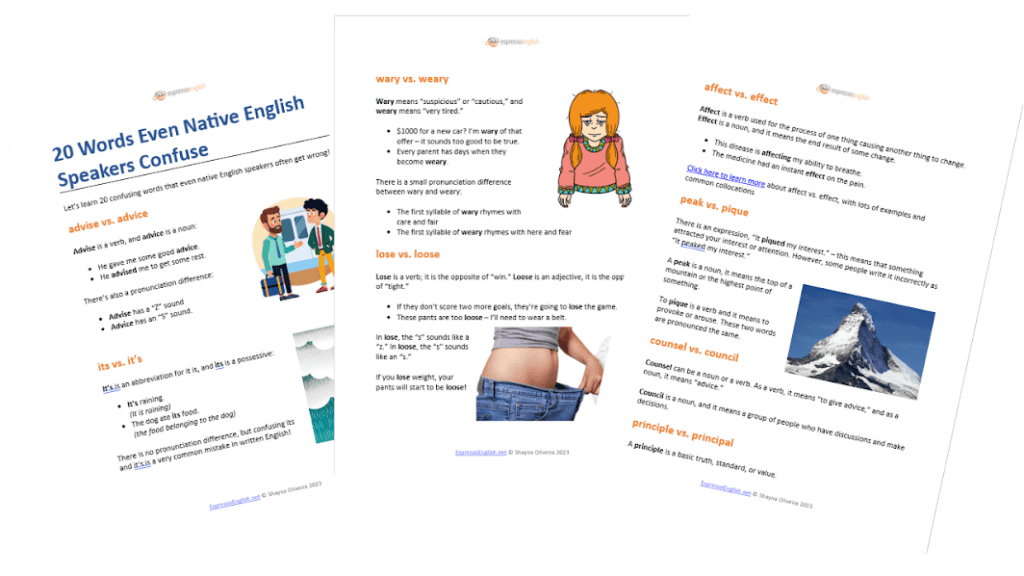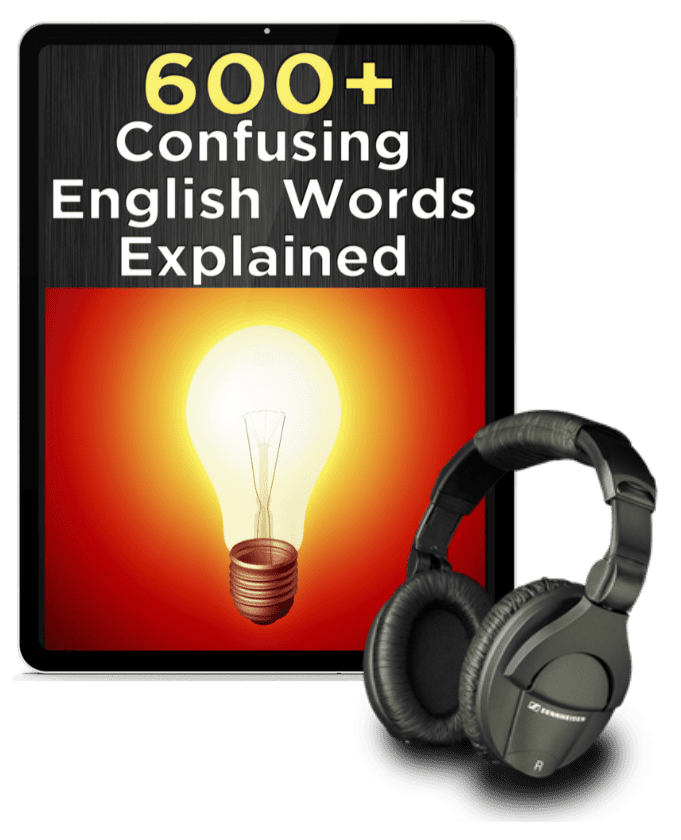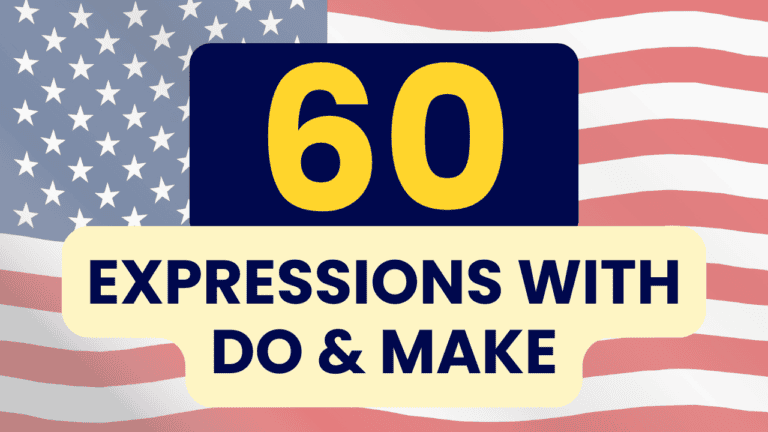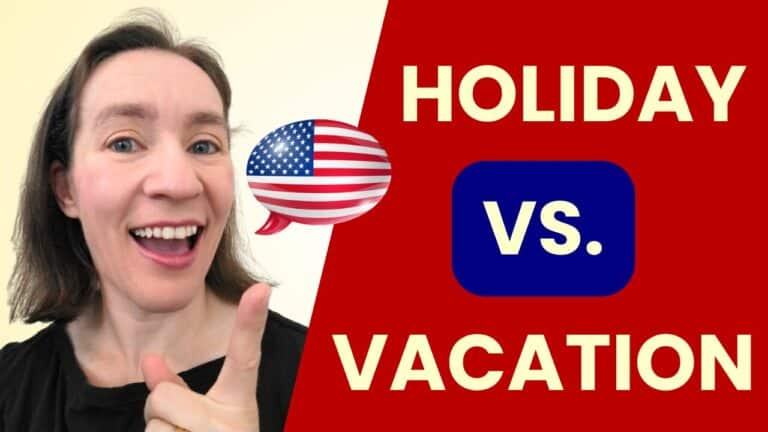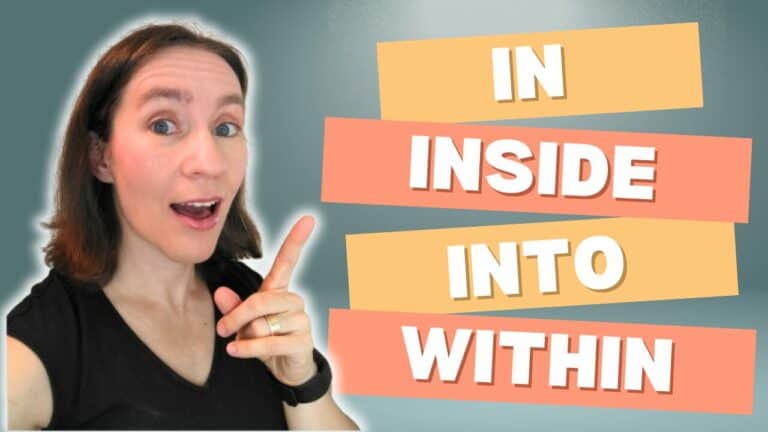
600+ Confusing Words Explained
What’s the difference between advise and advice?
Should you use than or then?
Is it lose with one “o” or loose with two?
In this lesson, you’ll learn 20 confusing words that even native English speakers get wrong!
advise vs. advice
Advise is a verb, and advice is a noun:
- She gave me some good advice.
- She advised me to get some rest.
There’s also a pronunciation difference: advise has a “Z” sound, and advice has an “S” sound.
its vs. it’s
It’s is an abbreviation for it is, and its is a possessive:
- It’s raining.
- The dog ate its food.
There is no pronunciation difference, but confusing its and it’s is a very common mistake in written English!
wary vs. weary
Wary means “suspicious” or “cautious,” and weary means “very tired.”
- $1000 for a new car? I’m wary of that offer – it sounds too good to be true.
- Every parent has days when they become weary.
lose vs. loose
Lose is a verb; it is the opposite of “win.” Loose is an adjective, it is the opposite of “tight.”
- The baseball team is losing 5-2.
- These pants are too loose – I’ll need to wear a belt.
In lose, the “s” sounds like a “z.” In loose, the “s” sounds like an “s.”
affect vs. effect
Affect is a verb used for the process of one thing causing another thing to change. Effect is a noun, and it means the end result of some change.
- This disease is affecting my ability to breathe.
- The medicine had an instant effect on the pain.
Learn more about affect vs. effect, with lots of examples and common collocations
peak vs. pique
There is an expression, “It piqued my interest.” – this means that something attracted your interest or attention. However, some people write it incorrectly as “It peaked my interest.”
A peak is a noun, it means the top of a mountain or the highest point of something. To pique is a verb and it means to provoke or arouse. These two words are pronounced the same.
counsel vs. council
Counsel can be a noun or a verb. As a verb, it means “to give advice,” and as a noun, it means “advice.”
Council is a noun, and it means a group of people who have discussions and make decisions.
principle vs. principal
A principle is a basic truth, standard, or value.
A principal is the leader or director of an elementary school or high school. Principal can also be used as an adjective to mean “main” or “most important.”
alright vs. all right
Technically, all right is correct and alright is incorrect. However, now so many people are using alright that it is becoming increasingly common. In formal/professional writing, it’s best to use all right.
then vs. than
Then is a word indicating time. Than is a word used for comparisons:
- We had dinner and then we went to the club.
- Wine is more expensive than beer.
Learn more about then vs. than with LOTS of examples!
worse vs. worst
Worse is the comparative (comparing two things). Worst is the superlative (comparing 3+ things, or comparing one thing with everything).
- I thought the second movie was worse than the first one.
- That’s the worst movie I’ve ever seen.


